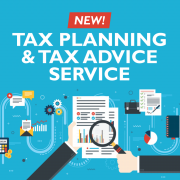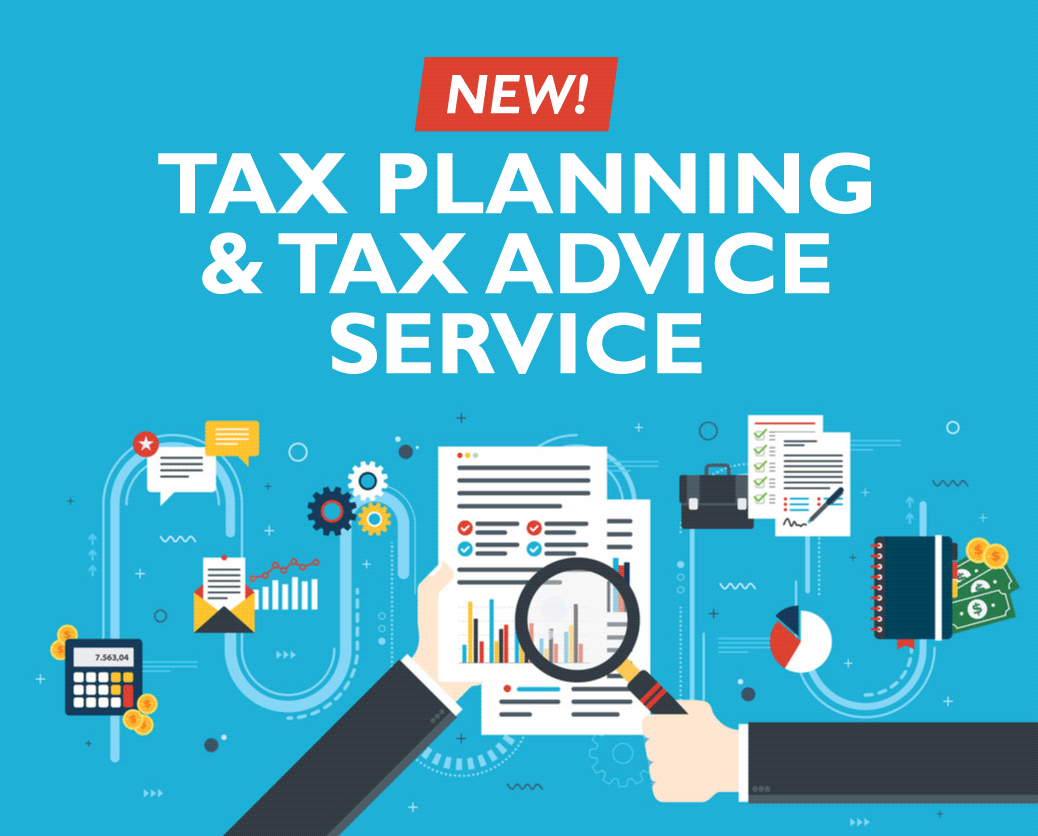Harnessing Technology at Taxfile

The rapid pace of technological change has caused some of the biggest shifts in how we view and process our tax returns. At Taxfile, we’re constantly striving to use technology as effectively as possible to aid us in collecting, analysing, and collaborating when working on your personal data.
Over the pandemic, we’ve had to place our reliance even further on technology to maintain our standards, with regular meetings online. We’re constantly improving the efficiency of our work pipeline and, with the ability to pull figures directly from online bank statements, we can ensure precision in the numbers we present you with. For the last two years, we’ve implemented cloud technology as both a collaborative tool between our senior and junior staff and as storage for various databases used to track everything from employee working hours to the status of your tax return. We’re expanding further on this concept in collaboration with Pure Technology by merging our existing cloud systems with our current remote work solution to form one, all-encompassing workspace environment. Hosting it in the Microsoft Cloud ensures that, with the help of our office staff, your paperwork and bookings can be sent to and viewed by your tax agent as soon as possible. This and a variety of other endeavours are examples of our ambitions to be at the forefront of innovations, and constant review of our policies ensures we remain ahead, or on track, to meet the standards set by Making Tax Digital (MTD) for its 2023 launch.
Contact South London’s Favourite Accountant
Taxfile can help you with all your tax or accountancy requirements. We offer Read more




 On 5 December 2013 George Osborne, Chancellor of the Exchequer, gave his Autumn Statement in Parliament. Key announcements included:
On 5 December 2013 George Osborne, Chancellor of the Exchequer, gave his Autumn Statement in Parliament. Key announcements included: